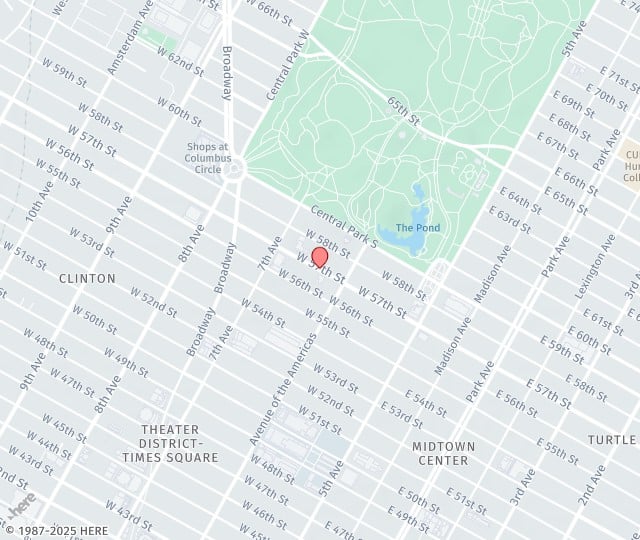
Dr. Siegelman is a licensed dentist and dental anesthesiologist with decades of experience treating highly anxious and phobic patients. He is nationally recognized for his compassionate approach and advanced training in all forms of dental sedation. Whether you are fearful of dental work, needles, or both, Dr. Siegelman tailors sedation plans to your needs, offering a safer, calmer way to get through essential procedures.
Needle Phobia and Dental Sedation: Understanding the Fear
It’s common for people with needle phobia to delay care due to fears of injections in the mouth, arm, or hand. Even sedation, which is designed to reduce anxiety, can be anxiety-inducing if it involves a needle. That’s why our team takes extra steps to help you feel comfortable before, during, and after sedation. The process begins with a one-on-one consultation in a calm, pressure-free setting, where you are encouraged to voice your concerns.
Gentle Sedation Options Without Stress
If you fear injections, there are sedation options that minimize or eliminate needle use. Oral conscious sedation involves taking a pill before your appointment to induce a deeply relaxed state. Nitrous oxide (laughing gas) is another needle-free option, delivered through a mask and easily adjustable throughout your visit. When IV sedation is the best choice, Dr. Siegelman uses a calming, step-by-step approach to ensure that even the administration of the sedation is as gentle and fear-free as possible.
Supportive Care from Start to Finish
Our team specializes in working with dental patients who have fears, so you do not need to worry about feeling judged or rushed. We are committed to working at your pace in a way that makes you feel most comfortable. Every detail, from the tone of voice to the lighting in the room, is carefully considered to promote calmness and trust.
If fear of needles has kept you from getting the dental care you need, Dr. Siegelman and his team are here to help. Call 347-506-2872 to schedule a consultation in our NYC office. Comfortable, anxiety-free care is possible — and it starts with a conversation.

